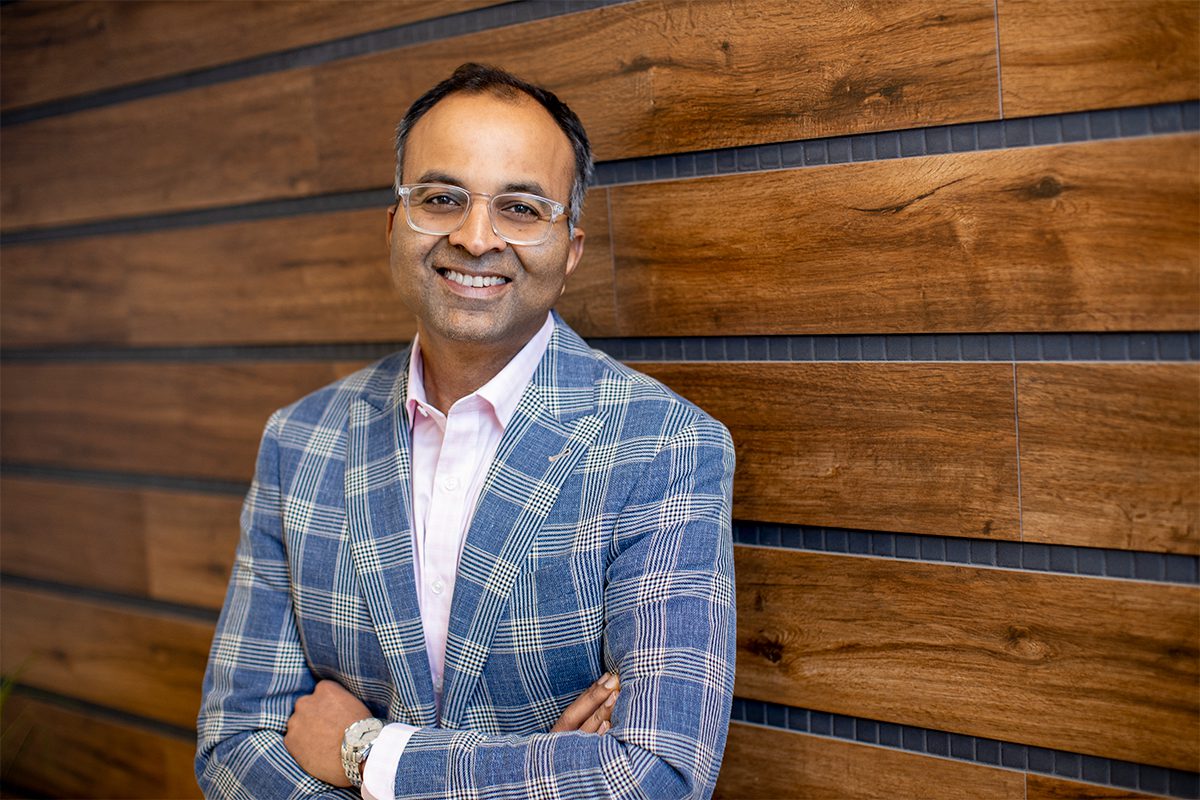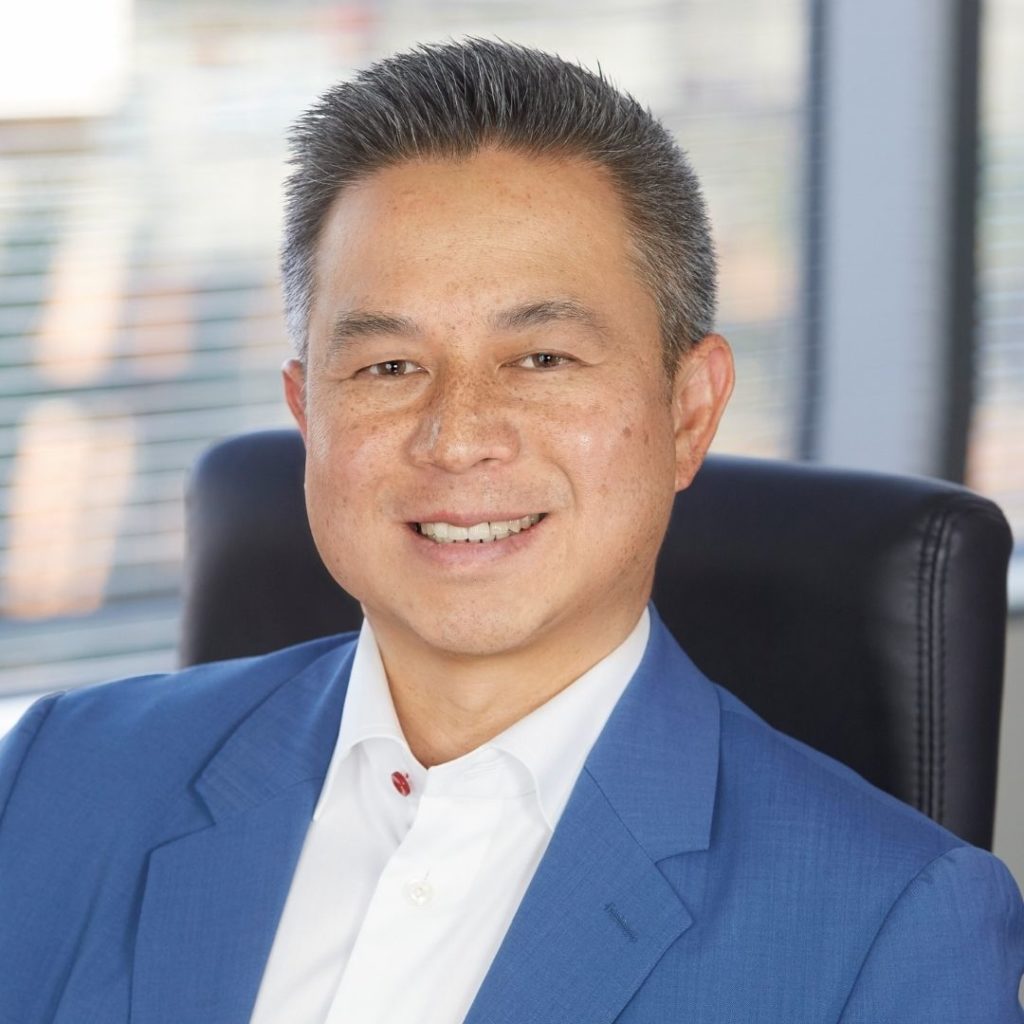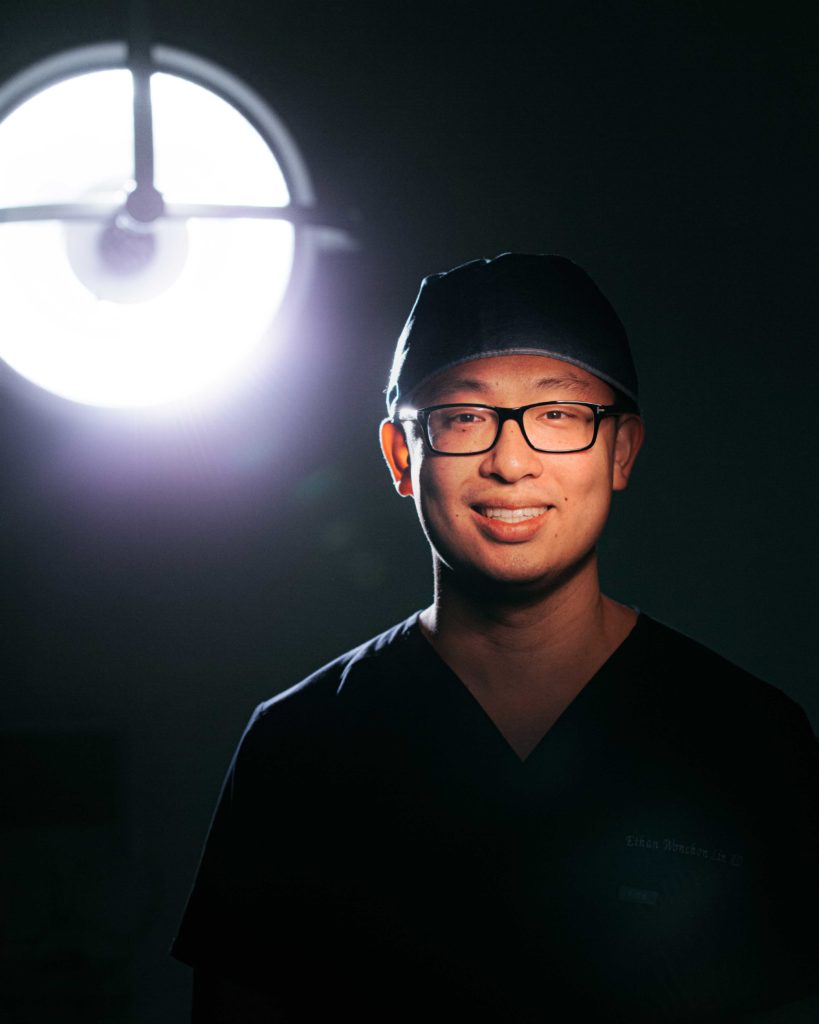Nobody shies away from admitting that healthcare is complicated. And it’s not just complicated for active patients, as healthcare providers, businesses, employees, and even governments can all testify to the complexities of our healthcare system. Amidst all the bureaucracy, legalities, compensations, premiums, paperwork, economics, and tons more, it’s no wonder that things get bogged down. But Everside Health is determined to make healthcare more straightforward, more accessible, and all the more effective for people all over the United States. Dr. Gaurov Dayal, President and Chief Operating Officer of Everside, was eager to tell Top Doctor Magazine about how their direct primary care model is making healthcare better.
“The essence of what we do is provide direct primary care to employers and employees,” he describes. “We work with self-funded employers who have their employees come to us. We don’t charge the employees anything; we provide unlimited access and unlimited primary care onsite that improves population health and lowers the total cost of care for the employer. We want to make the employees healthier and, ideally, more productive by not wasting time waiting to get to a doctor.”
With physical sites in 32 states and a plan to launch 50 additional health centers later this year, Everside has already made an impact all over the country and shows no sign of stopping. When talking about the services Everside offers, Dr. Dayal stresses the benefits of value-centered care.
“We hear a lot of stories from people who claim they went to see one of our nurse practitioners because they had something relatively minor, like a headache. Upon further review, however, they learned that their blood pressure was sky high and they were immediately sent to the hospital to avoid a stroke,” says Dr. Dayal.

He believes that the best form of healthcare is preventive, meaning that patients shouldn’t have to wait until the last moment to receive medical help. ”The goal of preventive care is to avoid those dramatic, just-in-time care diagnoses because they shouldn’t happen in the first place,” adds Dr. Dayal. “We impact lives every single day: helping people avoid strokes, obesity, depression, and other chronic problems. That’s what we’re doing. We’re not selling anything magic. We’re selling ongoing, continuous care within a great network.”
Everside wants to care for employees no matter the ailment. “If you have good primary care, you don’t need a magic bullet later on,” Dr. Dayal explains. “Have a persistent cough? Everside wants to help. Suffering from a sprained ankle? Come to Everside. Feeling unusual nausea? Yep, Everside is ready. These seemingly simple nuisances may seem like no big deal, but sometimes these issues need more attention than most think at first glance. These issues may be a signal that there needs to be a lifestyle change for better overall health maintenance. Our current theme is accessibility. We want patients to come to us for anything.”
Dr. Dayal hopes that Everside can help set a precedent for the future of healthcare. By offering accessible, value-based help, Everside differs from the overall national perspective on healthy living and doctor treatment. In America, it’s not unusual for patients to put their own lives at risk to save money. Avoiding the doctor, not calling ambulances, and skimping on medicine are a few common ways that many people save money on healthcare. But these “money-savers” are often at the cost of their well-being and, in some cases, at the cost of their lives. Dr. Dayal notes that this significant flaw is rampant within the American healthcare system. Good healthcare has gotten so expensive that Americans will risk their lives over it.

The flaws of the American healthcare system have especially been spotlighted during the COVID-19 crisis. While COVID has forced doctors to advance their technology, it’s in some ways a zero-sum game.
“Easy access to primary care is a big problem, “says Dr. Dayal. “Even though virtual care has been accelerated by maybe 10 years because of COVID, we have to be cautious. We have to make sure primary care is being administered in person.”
Another benefit to virtual care is that it allows for better patient-doctor connection. “By using virtual, you get better access to the patient and, thus, better care,” explains Dr. Dayal. ”It’s convenient and patients tend to prefer it. They might not immediately go to their doctor for something seemingly minor – say, a stomach ache – but will be far more likely to pick up their phones and schedule a virtual appointment. If the doctor advises patients to go to the office after the virtual appointment, they will. Ultimately, the patients get into the office, something they may not have done without the virtual accessibility.”
COVID will eventually come and go, but the effects and consequences of this life-changing pandemic will not soon be forgotten. In talking about what lessons can be learned, Dr. Dayal’s recommendation to America is simple: Education.
“People need to understand what COVID is,” he says. “I think we should learn from our mistakes and we should not politicize a very public health and science issue. For example, if you wear a tight-fitting mask, COVID is reduced by 96%. whether people agree or disagree with that fact doesn’t make it any less true.”

Dr. Dayal notes that implementing educational efforts can be complicated. “I believe public health experts and physicians are critical in solving these problems. The problem is that they do not always think the exact same things. Everyone needs to remember that there is misinformation out there, some deliberate and some not. Even still, people have different approaches to the issue, and that’s okay. For example, I believe in vaccines, but I understand the perspective of those concerned. We need to be more open-minded and hear different opinions, using logic and making educated decisions.”
Dr. Dayal stresses that the American people should be looking to their healthcare providers and scientific experts for guidance on how to address COVID. “We should not rely on politicians,” he reminds Top Doctor Magazine. “I think this goes back to the earlier point that this has become such a political issue. Let’s rally together against this horrible thing that has impacted us on a global scale. Let’s use common sense rather than just fighting over political beliefs.”
Dr. Dayal hopes that the United States has learned from past mistakes and that the future of healthcare can rally around the people, the science, and the facts rather than money. For Everside, it comes down to a focus on value-based care.. By caring about its patients, the quality of their care, and the basic sentiment of caring for your neighbor, Everside is helping people live healthier lives.
Dr. Dayal concludes, “If COVID has taught us nothing else, I hope it has brought us to the realization that we can and need to be better. We need to treat people where they are and provide access in ways that make healthcare accessible to everyone.”






0 Comments